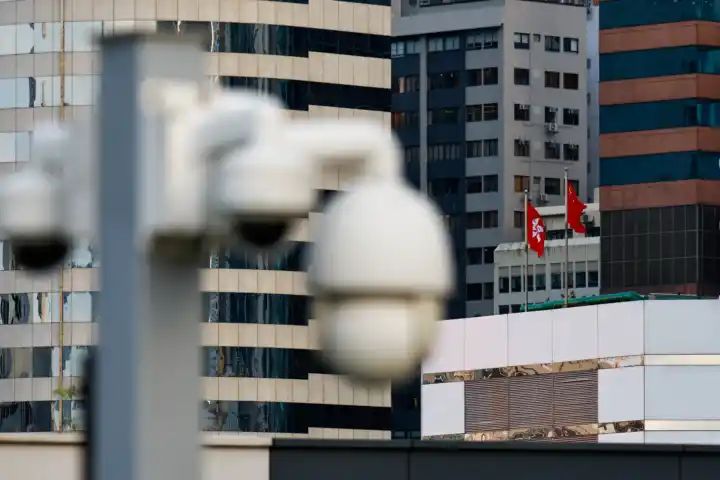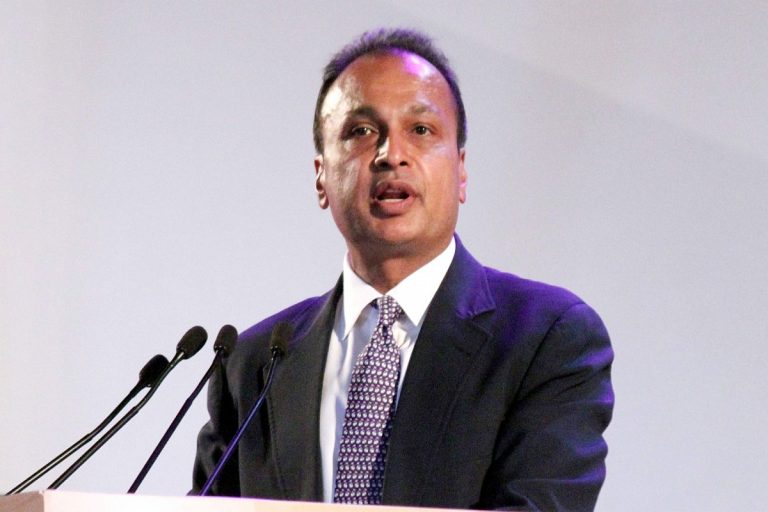New Hong Kong security law takes effect amid freedom concerns

Hong Kong, Mar 23 (EFE).- Hong Kong’s new domestic security law came into force on Saturday, just four days after its unanimous approval in the Legislative Council and amid growing international criticism over its possible impact on the freedoms and autonomy of the city.
Chief Executive John Lee signed the Safeguarding National Security Ordinance on Friday, saying the move had “accomplished a historic mission, living up to the trust placed in us by the Central Authorities and the country.”
Lee emphasized that the new regulation plays a crucial role in providing a safe and stable environment for commercial activities and companies. The government of the former British colony stressed the urgency of promulgating the decree in compliance with its constitutional duty, which requires implementing local regulations to fill the gaps in the National Security Law imposed by Beijing in June 2020, after massive protests shook the city the previous year.
Basic Law Article 23, which relates to national security issues, establishes a series of crimes that can carry a maximum penalty of life imprisonment, including treason, insurrection, incitement of a member of the Chinese armed forces to mutiny, seditious intention, and state secrets and espionage. The reform has generated intense debate and has been the subject of fierce criticism from democratic governments and Western organizations that fear the law could undermine the principle of “one country, two systems” that has been fundamental to the autonomy and special status of the city.
Human Rights Watch said the law “eliminates the last vestiges of fundamental freedoms in the city” while Amnesty International said its passing was “a devastating moment for human rights.” In response to international criticism, including governments issuing travel warnings, local authorities condemned what they consider “political maneuvers with skewed, fact-twisting, scaremongering and panic-spreading remarks.
” Earlier this week at the UN Human Rights Council in Geneva, Deputy Secretary for Justice Horace Cheung declared that the “legislation will better protect our country from genuine threats to national security in the increasingly intricate geopolitics of our time.” After emphasizing that the ordination “fully aligns with the principles of international laws and practices,” Cheung clarified that the laws “come with appropriate exceptions and defenses. There is no question that the general public will inadvertently violate the law.”
He also reiterated that “the rights and freedoms adjoined in accordance with the laws [will be] fully protected as always.” Although both the Chinese and Hong Kong governments ensure business security, several business groups have expressed concern about the broad definitions outlined in the new law, especially regarding state secrets and foreign interference.
In this sense, the European Union warned of significant effects on the operations of its office in the city, as well as those of other organizations and companies, and questioned the long-term attractiveness of the city as an international business hub.
The local government has tried to allay concerns by stating that the rule targets a small minority of people who endanger national security, and insisting that it will fully protect the normal activities of foreign institutions, companies and personnel that do not violate the law voluntarily. EFE msc/tw





